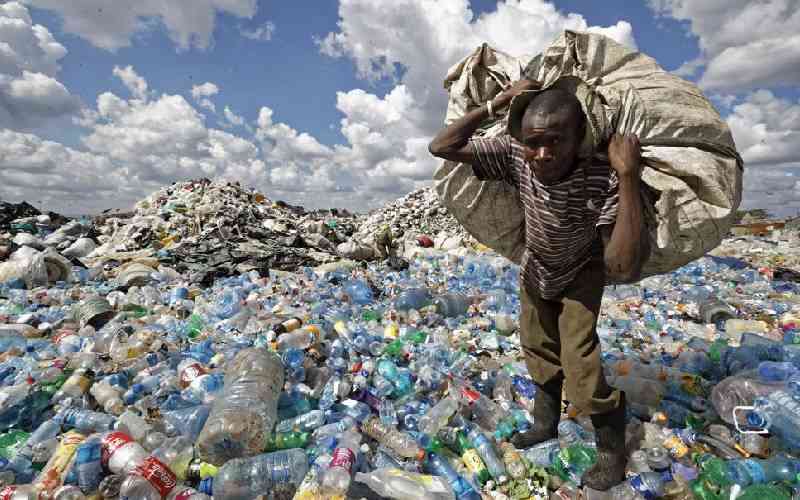×
The Standard e-Paper
Truth Without Fear

Audio By Vocalize

More than 2,000 experts wrapped up a week of negotiations on plastic pollution on Friday, at one of the largest global gatherings ever to address what even industry leaders in plastics say is a crisis.
It was the first meeting of a United Nations committee set up to draft what is intended to be a landmark treaty to bring an end to plastic pollution globally.